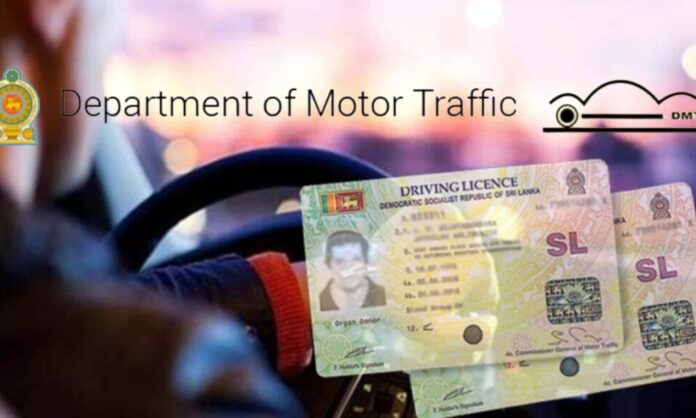By: Staff Writer
July 20, Colombo (LNW): Sri Lanka’s long-standing efforts to digitise its driving licence system have gained renewed momentum, as the Department of Motor Traffic (DMT) takes concrete steps to launch a new internationally recognised digital driving licence. The initiative, previously stalled due to legal, technical, and institutional challenges, is now being restructured with a clear roadmap and the support of key government stakeholders.
Motor Traffic Commissioner General Kamal Amarasiri announced that discussions are ongoing to sign the Vienna Convention on Road Traffic, a critical step toward making the proposed digital driving licence valid in nearly 100 foreign countries. The Vienna Convention, to which Sri Lanka is not yet a signatory, facilitates mutual recognition of driving licences among member states, thereby granting Sri Lankan licence holders the right to drive abroad without additional permits or conversions.
Amarasiri revealed that the DMT, in collaboration with the Ministry of Foreign Affairs, Ministry of Transport, and other relevant bodies, has already held multiple rounds of consultations. A comprehensive action plan developed by the Ministry of Transport has now been submitted to the DMT, marking the transition from preliminary discussions to implementation.
The proposed digital licence is expected to align with global standards in terms of format, security features, and data accessibility. It will replace the current plastic card system with a digitally stored and verifiable licence, possibly integrated into a broader e-governance platform. This transition aims not only to modernise domestic traffic management but also to facilitate smoother travel and relocation experiences for Sri Lankan citizens working or residing abroad.
Past attempts to introduce a digital driving licence faced delays, largely due to gaps in legal frameworks, insufficient technological infrastructure, and lack of inter-agency coordination. However, the current initiative appears to be taking a more structured and legally grounded approach. The Commissioner General emphasised that all technical, legal, and procedural prerequisites—including system readiness, data protection compliance, and public communication strategies—will be addressed within a short timeframe.
The next phase involves obtaining approval from the Cabinet and Parliament, followed by endorsements from the Attorney General’s Department, the Ministry of Foreign Affairs, and the Legal Draftsman’s Department. Only then can Sri Lanka proceed with signing the Vienna Convention and begin issuing internationally accepted digital driving licences.
While the timeline remains tentative, authorities are optimistic that the digital driving licence will be a transformative step toward modernising public services and enhancing global mobility for Sri Lankan drivers. The initiative reflects the government’s broader digitalisation agenda, aimed at improving efficiency, transparency, and international integration.

